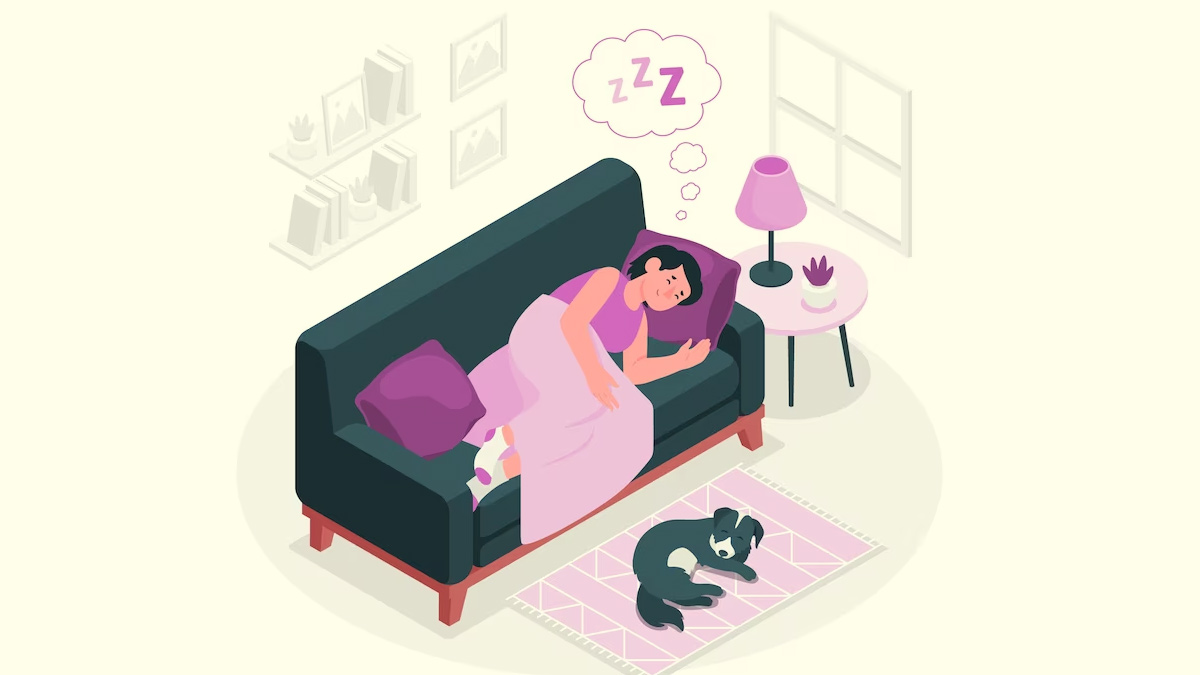
In today's society, where everything seems to move quickly and individuals don't have much time to take care of themselves, many of us resort to caffeinated beverages like coffee and energy drinks to get us through the day or to keep us alert. While a small amount of caffeine may appear to be innocuous, it is important to realise how too much of it can impact our general health.
Table of Content:-
Trouble While Sleeping
Caffeine can really mess with our sleep. According to the National Library of Medicine, when we consume caffeinated beverages, they stimulate our nervous system, making it harder for us to fall asleep. Quality sleep is crucial for our health, and a lack of it can lead to fatigue, irritability, and difficulty concentrating on important daily tasks.

Also read: From Leafy Green Vegetables To Tea And Coffee, Food Items To Eat For Good Cognitive Health
Energy Depletion
As per Journal of Clinical Sleep Medicine, while caffeine provides a temporary energy boost, it often leads to a crash later on. This can create a cycle of dependence, where we rely on caffeine to stay alert, but then experience a drop in energy once its effects wear off. This rollercoaster can negatively impact our productivity and mood.
Feeling Of Nervousness
Have you ever felt jittery or nervous after drinking too much coffee? Caffeine is a stimulant that can increase heart rate and cause feelings of restlessness. Excessive consumption may lead to heightened anxiety and discomfort.
Digestive Issues
Caffeine can also have an impact on our digestive system. It can lead to acid reflux and irritate the stomach lining, causing discomfort and indigestion. If you already struggle with digestive issues, cutting back on caffeine might be beneficial.

Dehydration
Caffeine is a diuretic, meaning it increases urine production and can contribute to dehydration. Staying hydrated is essential for many bodily functions, and relying on caffeinated drinks to quench your thirst may not be the best choice.
High Blood Pressure
Regular intake of caffeine has been linked to an increase in blood pressure. Elevated blood pressure is a risk factor for heart disease and other cardiovascular issues. Monitoring and managing your caffeine intake could contribute to better heart health.
Also read: 5 Surprising Benefits of Quitting Coffee For A Month
While enjoying a cup of coffee or tea occasionally is generally considered safe for most people, it's important to be careful of our caffeine consumption. Excessive intake can lead to various health issues, affecting our sleep, energy levels, and overall well-being. If you're experiencing negative effects from caffeine, it might be time to consider cutting back and exploring healthier alternatives for a balanced and thriving life.
Also watch this video
Read Next
From Rich Protein Source To Antioxidant Protection, Here Are Some Health Benefits Of Lablab Beans
How we keep this article up to date:
We work with experts and keep a close eye on the latest in health and wellness. Whenever there is a new research or helpful information, we update our articles with accurate and useful advice.
Current Version